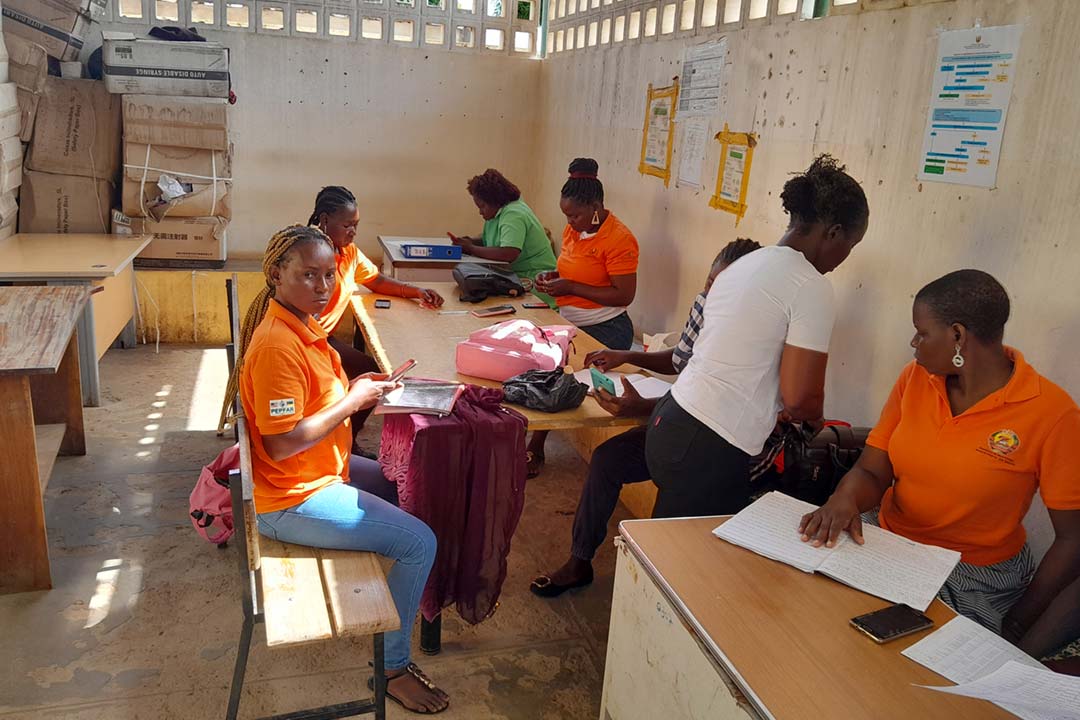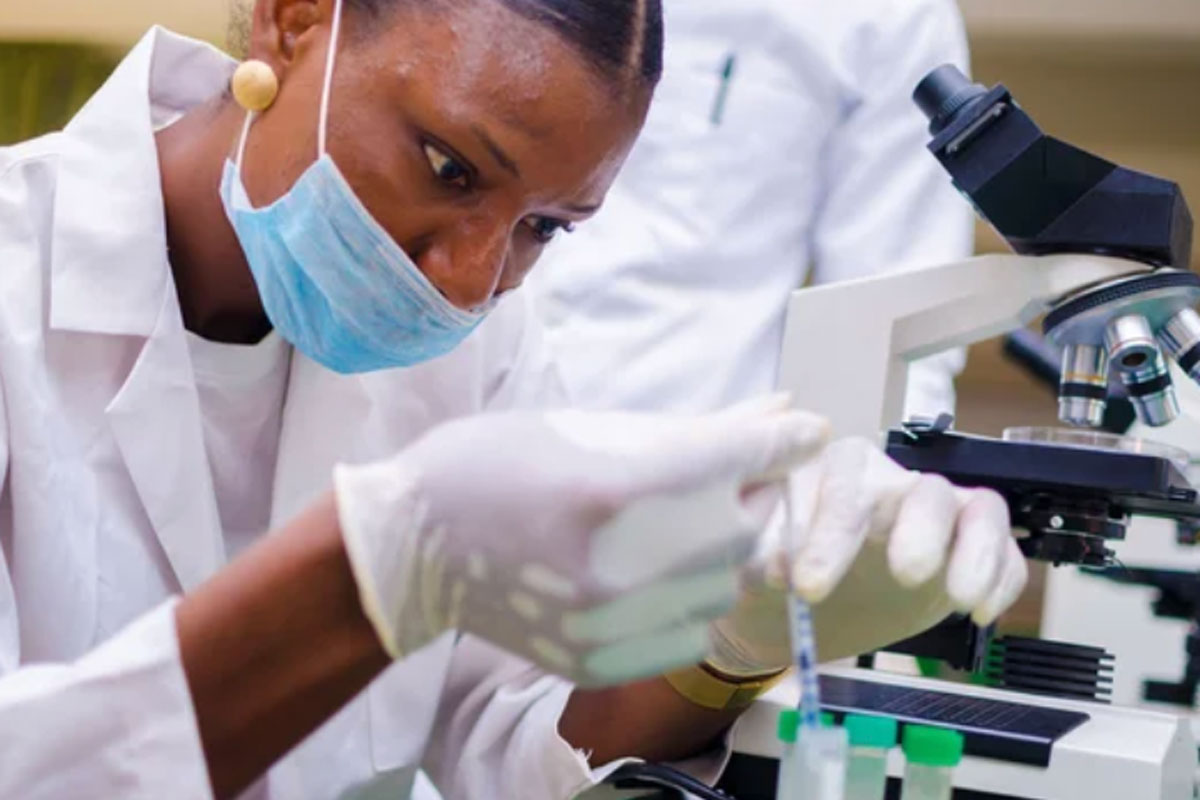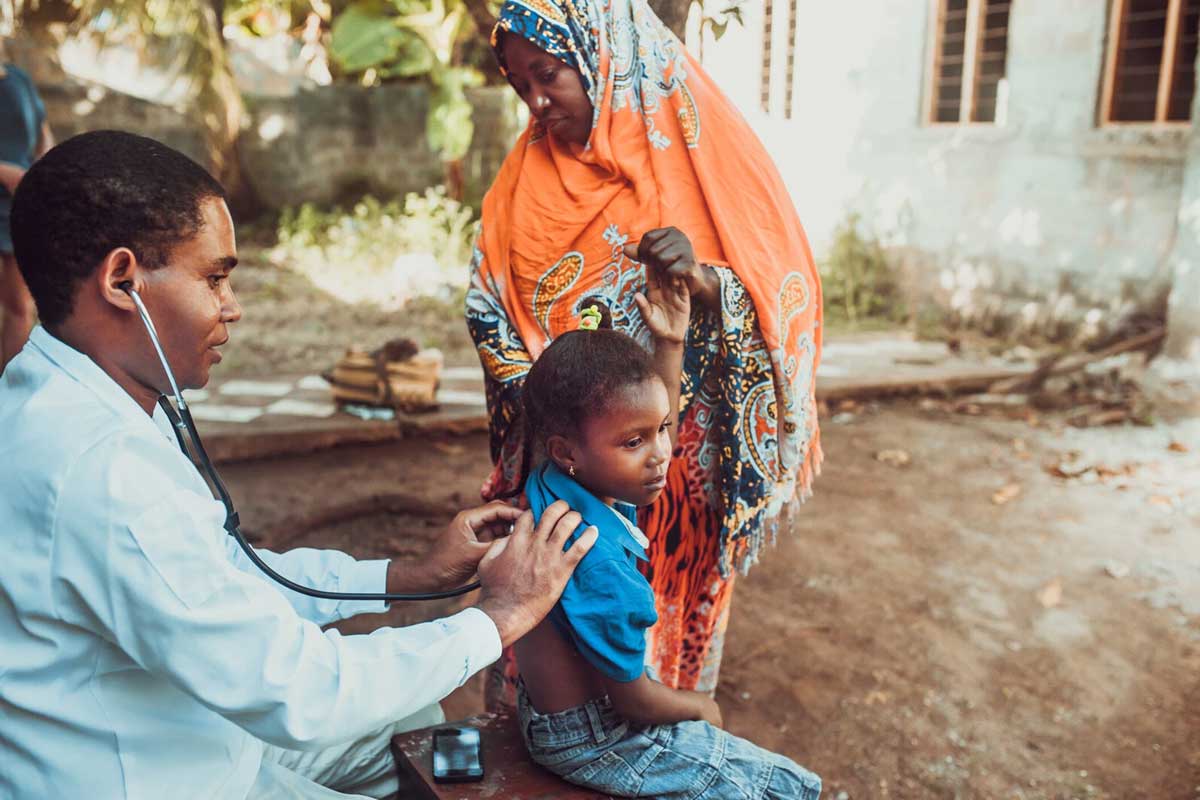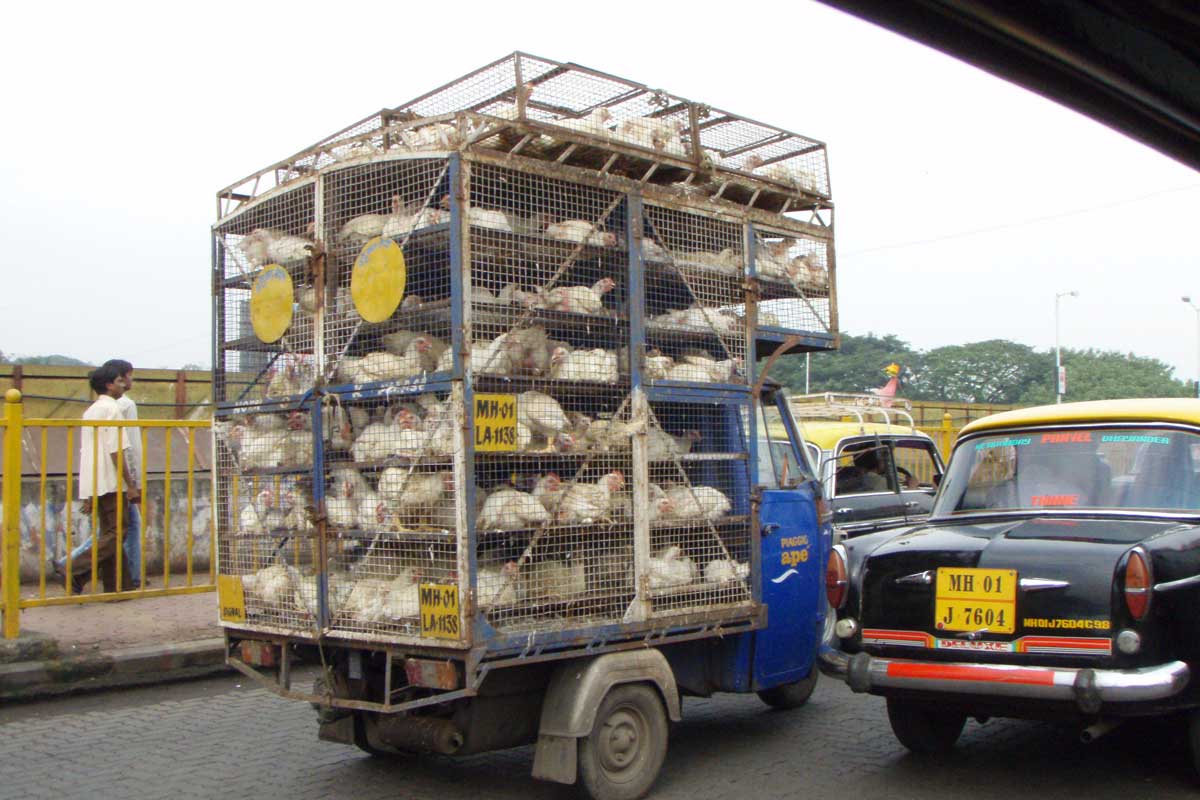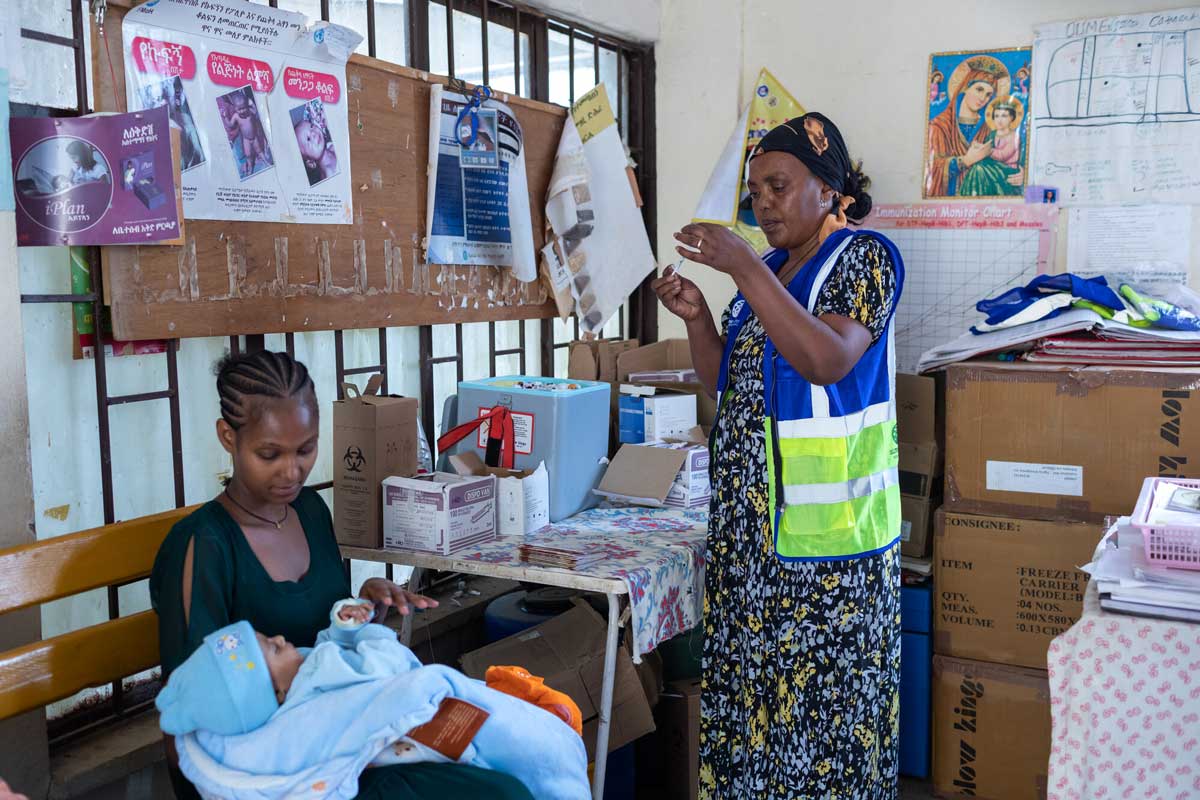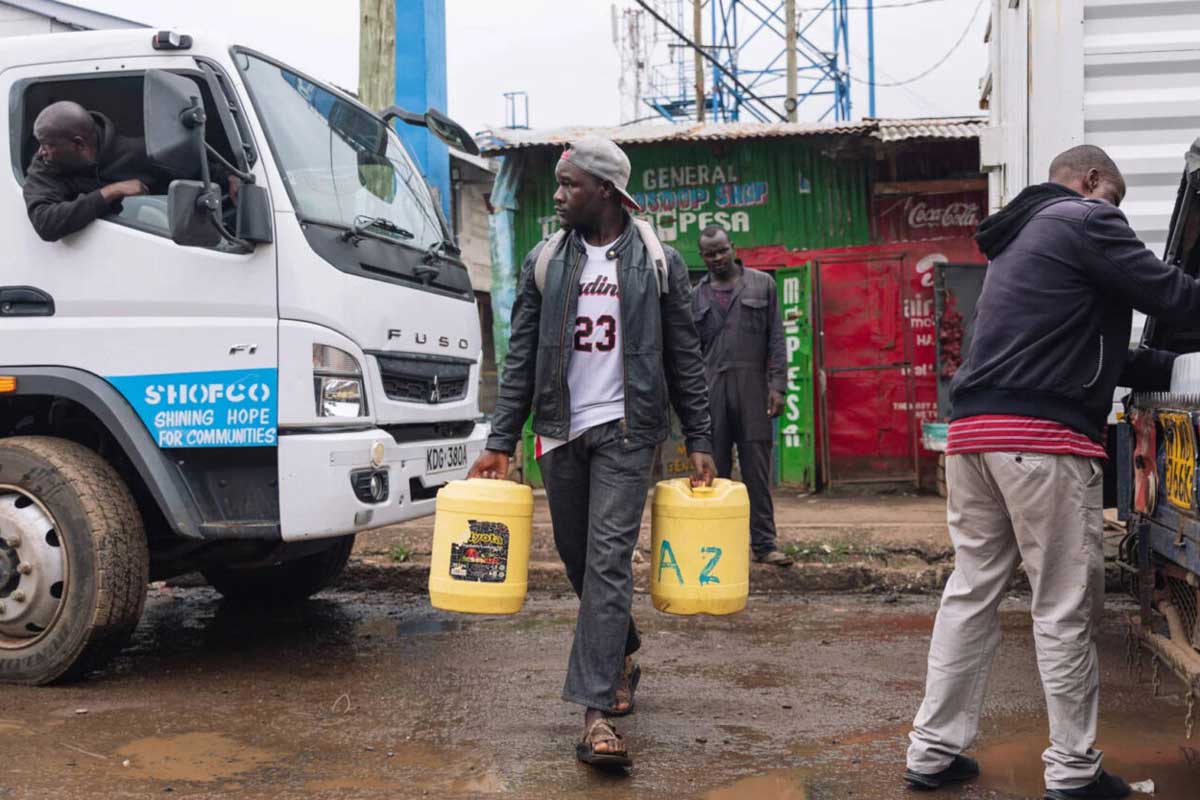In Mozambique's Zambezia province, mothers go the extra mile to get kids protected with malaria vaccines
Mozambique introduced the malaria vaccine in its worst-hit province on 5 August 2024. Charles Mangwiro reports.
- 15 August 2024
- 5 min read
- by Charles Mangwiro
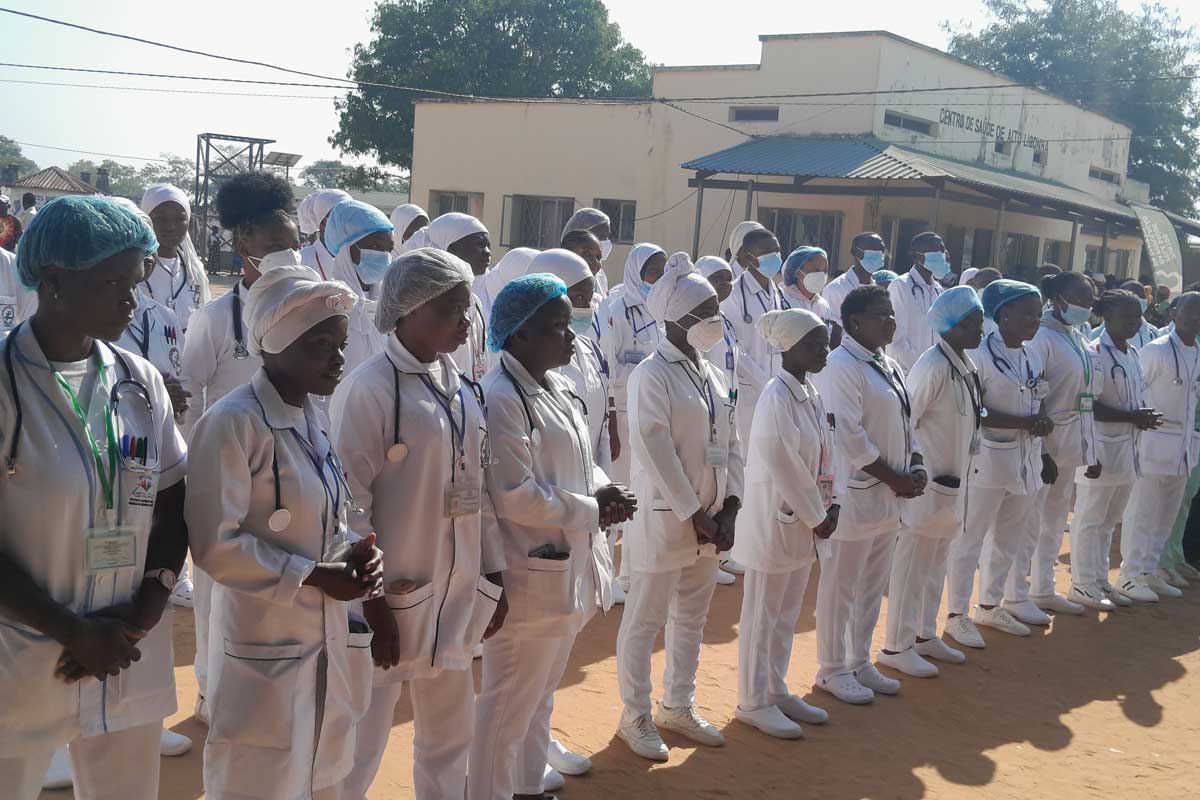
Isaura Viera arrived at the Sangariveira Health Unit, in Quelimane, coastal Mozambique, visibly exhausted after walking for four hours carrying her two-year-old son, the youngest of her four children. Having no transportation money, she knew she’d have to walk back again – but she was determined to get her child a dose of the malaria vaccine.
“I came here because the community health workers were in my area a few days ago telling everyone about the malaria vaccination drive that begins this today,” Viera, a 39-year-old single mother, told VaccinesWork as she adjusted the cloth sling she used to carry her baby.
“Going to the hospital is always a challenge for us because of the distance that separates us from our health units. [But] we cannot afford to miss such an opportunity for our children to grow up healthier,” she said.
Other women who had arrived earlier were sitting or lying on the ground, waiting for health workers to arrive. “I was up very early in the morning in order to be one of the first in the line, this is because after vaccination I go back home quickly so that I go to the fields to produce food,” one woman in the group interjected.
Viera lives in Murropué, a sprawling neighborhood in the city of Quelimane. The coastal town is increasingly vulnerable to erosion and other potentially infrastructure-damaging natural phenomena linked to the impact of climate change. Much of Quelimane’s population lives in precarious housing, and less than 6% have running water. What’s more, the city is the capital of Zambezia province, which has the highest levels of malaria in the country.
“We cannot afford to miss such an opportunity for our children to grow up healthier.”
- Isaura Viera, mother
Viera is worried that if her young son does not receive the malaria vaccine, he will end up dying like her own sister, who recently died from the mosquito-transmitted disease after a three-day battle for her life hospital.
“I am so scared about this disease, because my sister died a few days after she was diagnosed with malaria early this year,” Viera said.
Zambezia leads the way
Early this month, Mozambique introduced the lifesaving R21 malaria vaccine, in a critical step forwards in the fight against malaria.
Malaria is endemic to Mozambique, affecting the entire population of around 31 million. 2022 saw an estimated 10.4 million cases countrywide, according to the World Malaria Report 2023, with more than 21,500 deaths. The malaria prevalence rate in children under five years of age of 32%, according to Mozambique’s Demographic and Health Survey for 2022–2023.
Malaria vaccines are rolling out in Mozambique’s Zambezia province and in several other malaria-plagued African countries this year, and are anticipated to save thousands of children’s lives annually.
Both the RTS,S and R21 vaccines – the world’s first jabs against malaria – have shown similarly encouraging results, with R21 demonstrating itself capable of reducing clinical malaria by 66% in the 12 months following administration when delivered according to an age-based approach in phase 3 trials. Prolonged protection has been shown following immunisation with the fourth dose of vaccine.
Through Gavi, the Vaccine Alliance, and with co-financing from the Government of Mozambique, the country has taken delivery of around 800,000 doses of the R21 malaria vaccine. The aim is to immunise around 300,000 children in the first phase, which began on 5 August this year. The vaccine will be distributed in 22 districts in the province of Zambezia, and will be administered in a four-dose schedule.
“Malaria continues to be one of the biggest public health problems in our country and, in part, conditions our economic development,” said Armindo Tiago, Minister of Health, as he spoke during the launch of the vaccine.
He added: “the selection of the province of Zambezia as a pioneer is related to the fact that it is the one with the highest burden of the disease, measured by the number of cases and deaths.” Vaccination will expand to the entire country from 2025, as vaccine availability expands globally, he said.
No silver bullet
In parallel with the vaccine, health experts underscore that efforts must continue to increase the coverage and use of insecticide-treated nets (ITNs). Currently, just 57% of households in Mozambique have at least one ITN.
Mozambique, which was wracked by a crippling 16-year civil war lasting from independence in 1976 to 1992, remains one of the world's poorest nations in the world, with an overstretched health service caring for a population spread widely across varied and often difficult terrain.
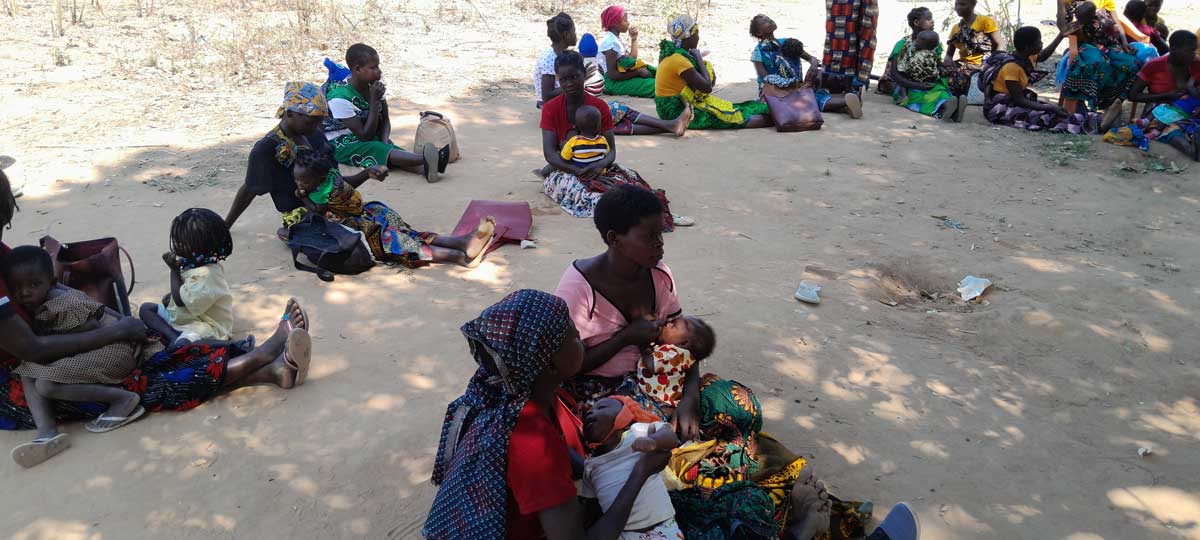
A doctor at the Toroni Novo Health unit in Quelimane, Daniel Sabonete, told this reporter that staff shortages and the long distance covered by patients is among the challenges the sector is facing in Zambezia.
“Generally, in warmer regions and during summer, malaria transmission is more intense and year-round. Most cases of malaria occur in remote rural areas with poor access roads and staff shortage. It means patients either walk or travel long distances for treatment, they arrive in deteriorated conditions, leading to death, at times, on arrival,” Sabonete said.
Have you read?
Given the scale of the malaria problem, shoring up prevention could potentially free up medical staff for other responsibilities, while also reducing the likelihood that patients arrive at the point of care past help. However, as the troublesome distances could also dampen vaccine uptake, Sabonete suggested that the deployment of mobile vaccination brigades could help bring protection closer to the communities.
“One of the challenges here is how do people get to health facilities, high transport costs and difficult access discourage people from coming to the health units, so we need to go where they are,” Sabonete added.
Gavi, UNICEF, WHO and partners are supporting the Ministry of Health in the preparation, acceptance and introduction of the malaria vaccine. This support ranges from developing vaccine implementation plans and communication strategies, to conducting health professional training and community engagement, and ensuring sufficient cold chain capacity.
